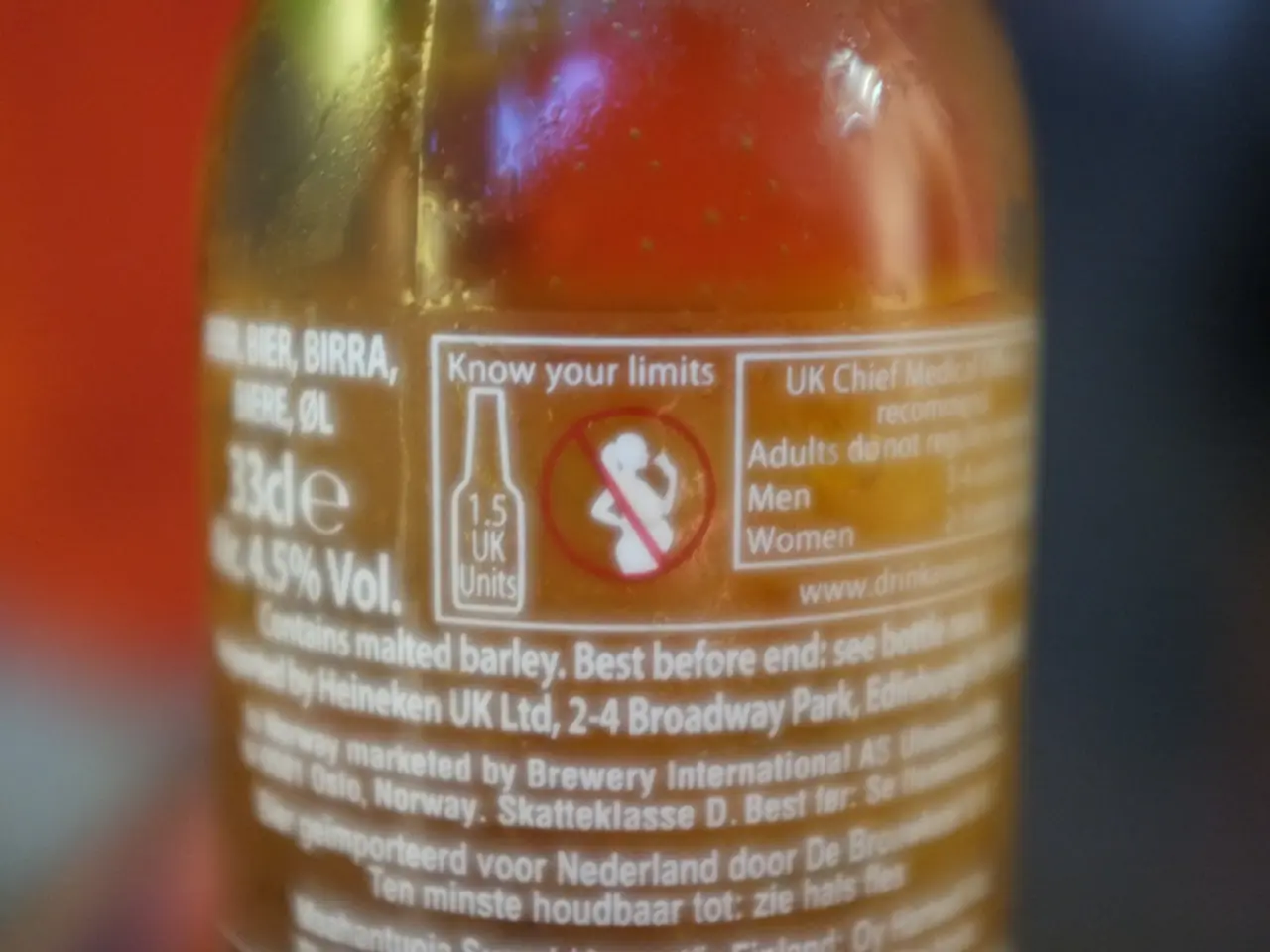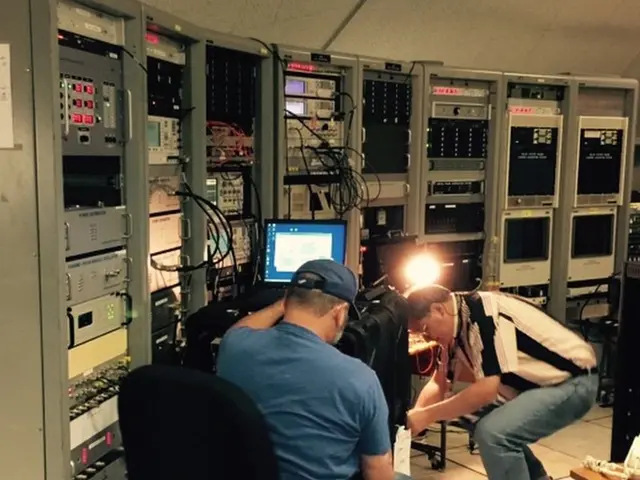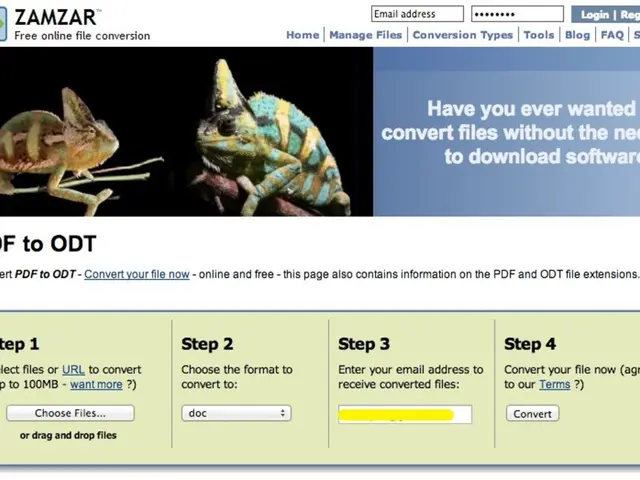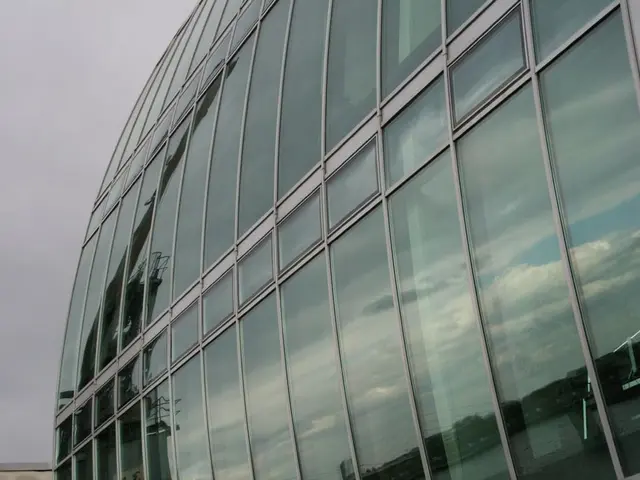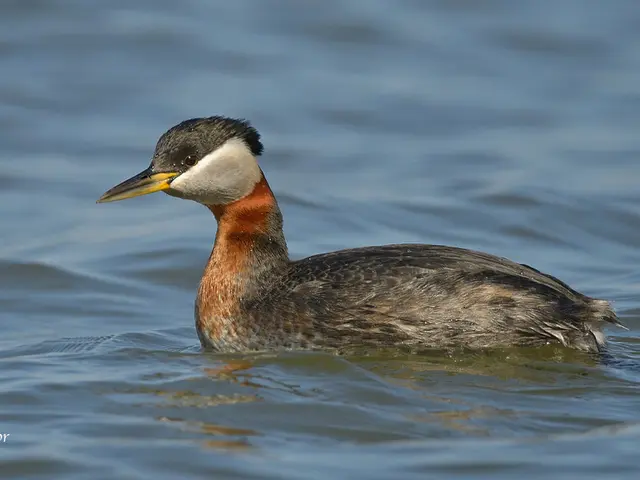EU Under Fire for Exporting 122,000 Tonnes of Banned Pesticides
The EU is grappling with growing pressure to halt the export of hazardous pesticides, with nearly 122,000 tonnes of banned chemicals sent abroad in 2024. The largest volumes included 1,3-dichloropropene, glufosinate, and mancozeb, primarily exported by companies like BASF, Teleos Ag Solutions, Agria, Corteva Agriscience, and Syngenta.
These exports, totaling 122,000 tonnes, were shipped to 93 countries, with a significant 75% going to low- and middle-income nations. The EU, which has one of the world's strictest regulatory systems for pesticide use, is now exploring options to prevent the production and export of these hazardous chemicals. The export volume has surged by 50% since 2018.
Scientists have raised concerns about the health and environmental impacts of these exports. They urge the EU to stop the practice, as it can cause harm in countries with less stringent regulations. However, industry opposes unilateral trade bans, arguing that countries should decide their local needs.
In 2024, the European Commission is under increasing pressure to address this issue. Despite no specific companies submitting public consultations or studies on implementing the exclusion of hazardous pesticides in 2023, the EU is actively exploring options to prevent these exports. The largest exporters, including BASF and Teleos Ag Solutions, will likely face changes in their export practices.
Read also:
- Budget cuts at federal and state levels jeopardize advancements in fighting HIV and AIDS within Dallas County
- Strategies for Maintaining and Boosting Physical Activity as You Grow Older
- Understanding Prediabetes: A Precursory Condition to Diabetes
- Strategies for Strengthening a Nigerian Infant's Immune System
